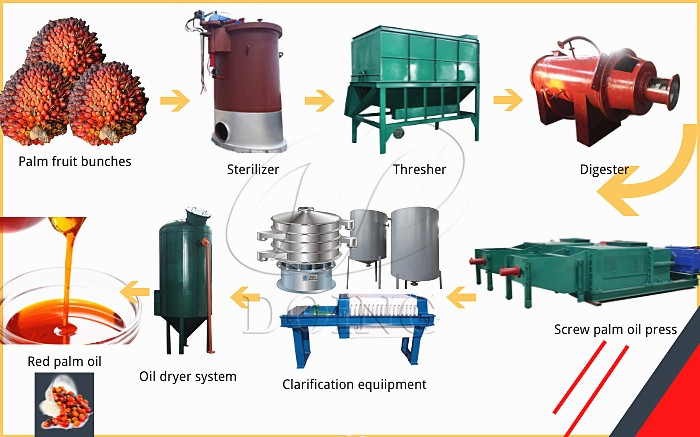Palm oil benefits and the palm oil industry has become an interesting and lucrative enterprise in recent years because of its environmental impact. However, it’s crucial to recognize that palm oil possesses a dual nature, offering both significant economic benefits and nutritional advantages.
This article will help us explore the active role the palm oil industry plays in driving the economy.

Benefits of Palm Oil
Boosting Local and Global Economies
Palm oil serves as a vital economic driver for many countries, particularly those in Southeast Asia. Its cultivation and processing provide employment opportunities for millions, contributing to poverty alleviation and economic growth.
Moreover, palm oil exports play a significant role in balancing trade deficits and enhancing foreign exchange earnings.
Supporting Small-Scale Farmers
The palm oil industry supports a vast network of small-scale farmers who depend on its cultivation for their livelihoods. Also, these farmers benefit from increased incomes and improved living standards, enabling them to invest in essential needs.
Fueling Industrial Growth
Palm oil is a versatile ingredient used in various industries, including food, cosmetics, and biofuel. Its high productivity and affordability make it an attractive choice for manufacturers, driving industrial growth and promoting development.

Nutritional Advantages of Palm Oil
Rich in Antioxidants
Palm oil contains a significant amount of vitamin E and other antioxidants that help protect the body against harmful free radicals. These antioxidants contribute to overall well-being and play a crucial role in maintaining healthy skin, eyes, and immune function.
Balanced Fatty Acid Profile
Contrary to popular misconceptions, palm oil comprises approximately 50% saturated fatty acids and 50% unsaturated fatty acids. The balanced fatty acid profile makes it a healthier choice compared to other saturated fat sources. Palm oil is free of trans fats, which have been linked to various health issues.
Nutrient Absorption and Vitamin Delivery
Certain vitamins, such as A, D, E, and K, are fat-soluble, meaning they require fat for optimal absorption. Palm oil’s naturally occurring fat content aids in the absorption of these essential vitamins, promoting their effective delivery to the body.
Conclusion
While the environmental concerns surrounding palm oil cultivation should not be dismissed, it is important to acknowledge the dual nature of this versatile oil. Palm oil’s economic benefits, such as job creation, poverty alleviation, and foreign exchange earnings, contribute significantly to the development of many countries.
Furthermore, its nutritional advantages, including antioxidant content, balanced fatty acids, and vitamin delivery, make it a valuable component of a balanced diet.
By striking a balance between sustainability and utilization, we can work towards a more responsible and informed approach to palm oil production and consumption.
Remember, as consumers, we hold the power to drive change. By supporting sustainable and certified palm oil sources, we can encourage responsible practices within the industry while enjoying its economic and nutritional benefits.







